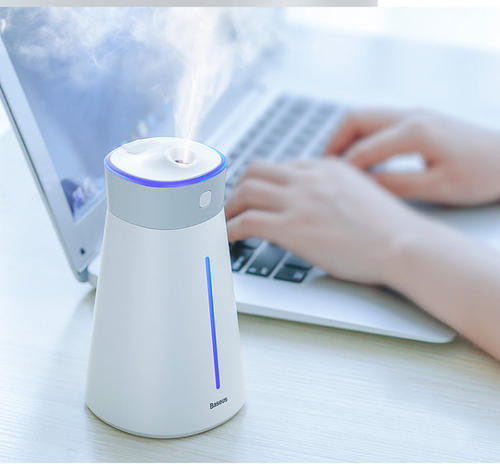Full home humidifiershave entered thousands of households in the past two years. But there are quite a lot of people who do not have a clear standard for use. Blindly following the trend has caused many health risks. Health assistants have also become health killers.
There are several types of household humidifiers, including smart whole home humidifier, whole house ductless humidifierand steam humidifier for furnace.
The following questions will answer you in detail how to use the smart home humidifierto be safer and healthier.
1.What are the conditions for the room to use a humidifier?
Under normal circumstances, when the air humidity is around 40%~60%, people feel more comfortable. And in this humidity range, it is difficult for bacteria and viruses to breed and reproduce. You can buy a hygrometer and keep it at home for monitoring at any time. If the humidity is higher than this range, there is no need to turn on the humidifier. When the air humidity is too high, people will feel chest tightness and shortness of breath, which is extremely detrimental to health. So don't always turn on the whole house mist humidifierif you have nothing to do, especially if you just bought it and feel fresh.
2.Who is not suitable to use a humidifier?
Not everyone can use a humidifier for under house. Everything has two sides. While the humidifier brings us humid air, it also provides conditions for the reproduction of microorganisms in the room. Coupled with improper sanitation and cleaning of the humidifier itself, this will breed many bacteria and viruses that are invisible to our naked eyes.
The resistance of the elderly and children is relatively poor, so it is generally not recommended to purchase a house shaped humidifierfor them separately. The room of patients with arthritis and diabetes is also not suitable for placing stand alone humidifiers, which will aggravate the condition.

3.What are the specialties about the water used in the humidifier?
The built in home humidifiershould use the designated purified water, not just add tap water, nor add any air freshener. There are two reasons. One is that we all know that tap water is hard water, which contains a lot of chlorine atoms and microorganisms. When diluted into the air, it will cause pollution. Inhalation of the water is only harmful and not beneficial. Second, the substandard water quality itself will cause a kind of damage to the humidifier and shorten its service life.
4.What is the cleaning and maintenance of the humidifier?
Remember to change the water of the humidifier every day and clean it once a week. If the season is changed, there is little chance of using it. You should pour out the water in the water tank, wipe it with a dry cloth, and store it in a box.
5. What are the purchasing tips for humidifiers?
The humidifiers currently on the market are mainly divided into three categories: ultrasonic, purification and electric heating. Ultrasonic is to humidify the air more uniformly, but the water quality must be high. Purification comes with a water purifier, so there is no requirement for water quality. The electric humidifier is characterized by large humidification capacity, no water quality requirements, large power consumption, and low safety factor.
When buying a humidifier, in addition to personal preference, you must also consider comprehensive factors such as safety, volume and power consumption, and after-sales service.
Post time: Jul-26-2021